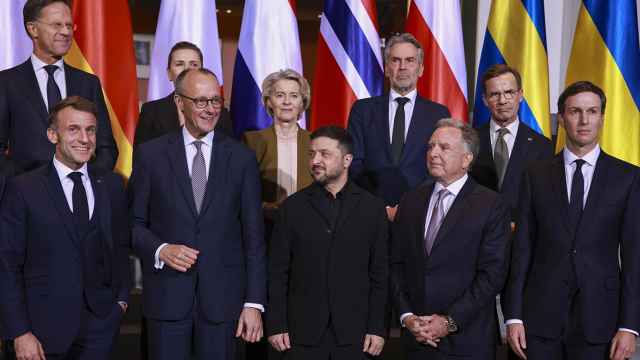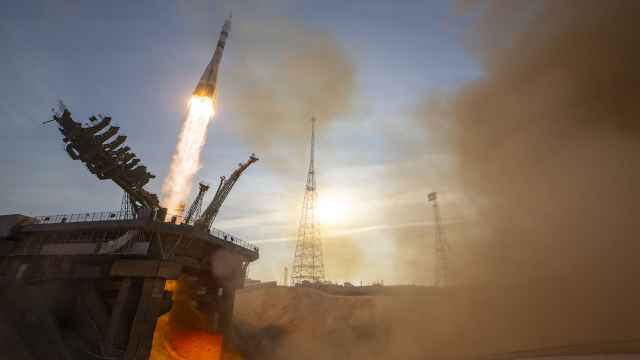The U.S. informed its fellow NATO members earlier this month about Russia's testing of a new missile that could be in violation of a nuclear disarmament treaty, a news report said Thursday.
The weapon, a ground-based cruise missile, has allegedly been tested repeatedly since 2008 and is considered by senior U.S. officials to have clearly violated the Intermediate-Range Nuclear Forces Treaty, The New York Times reported, citing unidentified government officials.
Since 2005 Russian media have reported that the country was considering withdrawing from the treaty, signed by the U.S. and the Soviet Union in 1987.
In June, Kremlin chief-of-staff Sergei Ivanov implied that the treaty benefits the U.S. more than Russia, saying that the U.S. faces no regional threats to its security.
"The Americans have no need for this class of weapon, they didn't need it before and they don't need it now," Ivanov told state news channel Rossiya-24. "They could theoretically only attack Mexico and Canada with them, because their effective radius doesn't extend to Europe."
Development of a new missile might be an effort to ensure nuclear parity with China, which is not a signatory to the treaty and within range of such weapons.
Russia has in the past threatened to station short-range Iskander nuclear-capable missiles in the country's Baltic exclave of Kaliningrad in response to U.S. missile shield plans.
Russia and the U.S. signed the New START treaty in 2010 that caps the number of long-range missiles and bombers in the countries.
The alleged new intermediate-range cruise missile, however, would not fall under the limitation provisions of that treaty.
Intermediate-range nuclear missiles positioned near an adversary's borders are considered by analysts to be destabilizing as they shorten the response time available to decision-makers to verify a nuclear attack as genuine and not a false alarm of an early missile warning system.
A Message from The Moscow Times:
Dear readers,
We are facing unprecedented challenges. Russia's Prosecutor General's Office has designated The Moscow Times as an "undesirable" organization, criminalizing our work and putting our staff at risk of prosecution. This follows our earlier unjust labeling as a "foreign agent."
These actions are direct attempts to silence independent journalism in Russia. The authorities claim our work "discredits the decisions of the Russian leadership." We see things differently: we strive to provide accurate, unbiased reporting on Russia.
We, the journalists of The Moscow Times, refuse to be silenced. But to continue our work, we need your help.
Your support, no matter how small, makes a world of difference. If you can, please support us monthly starting from just $2. It's quick to set up, and every contribution makes a significant impact.
By supporting The Moscow Times, you're defending open, independent journalism in the face of repression. Thank you for standing with us.
Remind me later.





